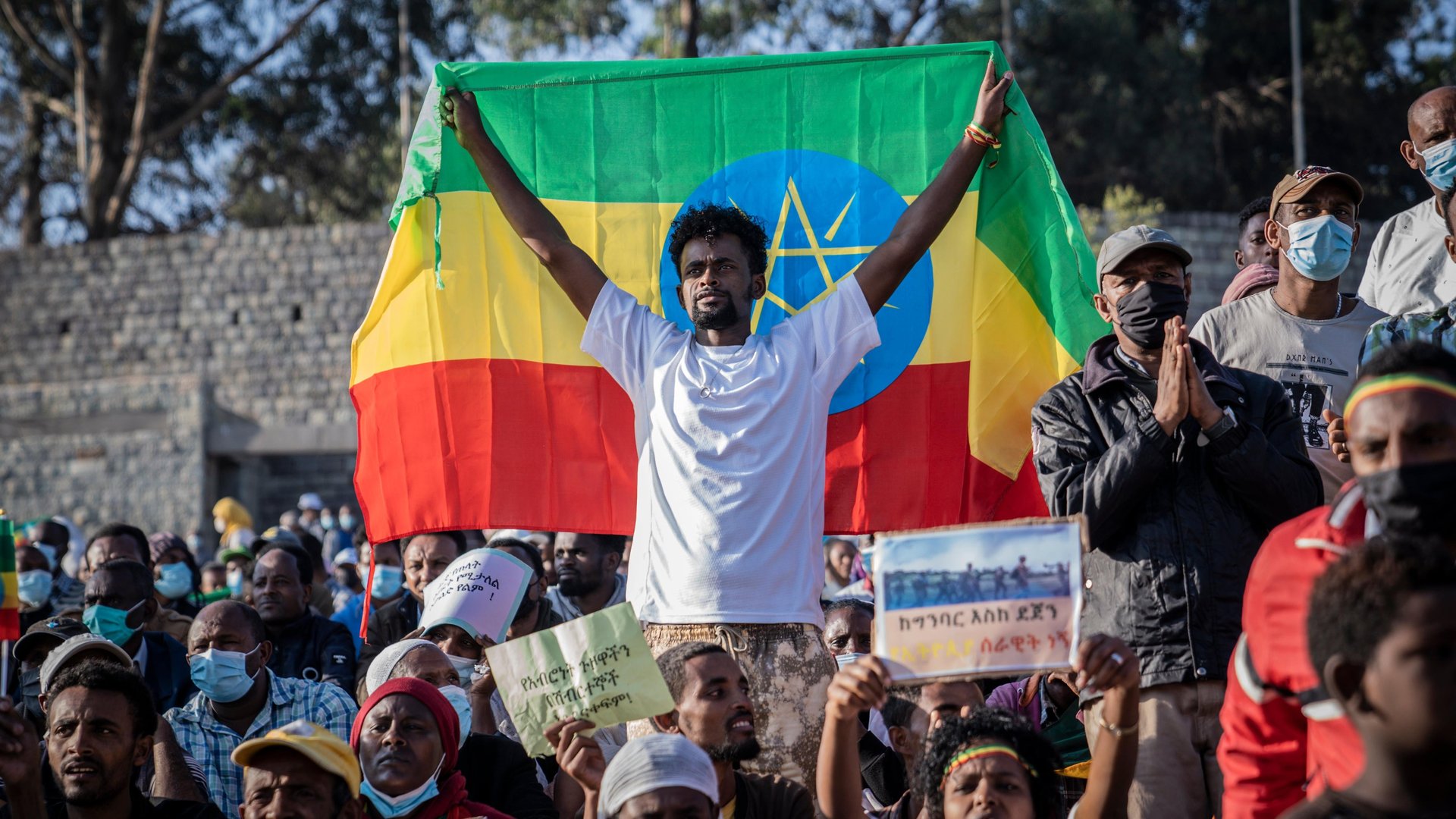Meta is being sued for $2 billion for exacerbating Ethiopia's civil war
This is not the first time the social network has been accused of fanning hateful and violent speech

A case filed in Kenya’s High courts wants Meta to set up a $2 billion fund for victims of hate on Facebook, make changes to the platform’s algorithm, and hire more local-language moderators.
Suggested Reading
The social media giant has been accused of letting hateful and violent content flourish on the platform, fueling attacks during the two years of the conflict, dubbed Tigray War, which came to a truce in November.
Related Content
The case has been filed by Ethiopian researchers Abrham Meareg and Amnesty International’s Fisseha Tekle, along with Kenyan human rights group Katiba Institute, and supported by legal nonprofit Foxglove, Bloomberg reports.
It’s far from the first time Facebook has been blasted for its role in the crisis that blew up in late 2020. In 2019, Ethiopian running legend Haile Gebrselassie threatened to sue Facebook, blaming fake news shared on the platform for the violence that killed 78 people. A September 2020 Vice News investigation revealed Facebook as a hub of incendiary campaigns.
Person of interest: Abrham Meareg
Abrham Meareg is the son of Ethiopian academic Meareg Amare Abrha, who was followed home by armed men on motorbikes and shot dead on Nov. 3, 2021. Meareg claims his father, a chemistry professor who was a well-known member of the Tigray community, was killed after a spate of hate speech and disinformation attacking him spread on the platform. “If Facebook had just stopped the spread of hate and moderated posts properly, my father would still be alive,” Meareg told the BBC.
Is Facebook making ethnic violence worse?
At 6.7 million, less than 6% of the Ethiopian population uses Facebook. Even then, Facebook maintains the country is a high-priority one.
In November 2021, shortly after removing prime minister Abiy Ahmed’s post inciting violence by asking people to “bury rebels,” Facebook’s parent company Meta said in a blogpost that it has been “implementing a comprehensive strategy to keep people in the country safe on our platform.”
Classifying all of Ethiopia as a “Temporary High Risk Location,” the company claims it has taken actions to moderate content, including: removing posts that violates its policies; improving its reporting and enforcement tools to include the four languages spoken and those central to the conflict (Amharic, Oromo, Somali, Tigrinya), including updating its list of ethnic slurs; working with specialized international and local human rights and civil society organizations to report potentially violating content; and adding technology to identify hate speech in Amharic and Oromo before anyone reports it.
But critics aren’t convinced. Last year, whistleblower Frances Haugen, a former employee, told the US Senate the platform’s algorithm was “literally fanning ethnic violence” in countries like Ethiopia. Toxic content tends to fetch higher engagement.